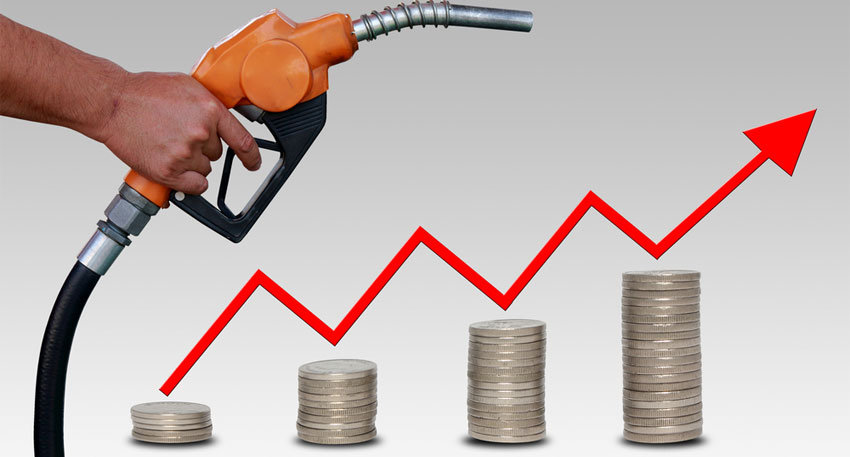
The preparatory working document has suggested there will be a hike in the previous estimated fuel prices from June 16 as per the official sources. High-speed diesel might see a substantial rise of Rs.5.27 per litre, whereas the rates of petrol are anticipated to increase by Rs.1.12 per litre. Moreover, there has been a suggestion to make the rate of kerosene oil rise by Rs.4.13 per litre.
After the consultation, Prime Minister Shehbaz Sharif and the Ministry of Finance will make the final decision. On the recommendation of the Oil and Gas Regulatory Authority (OGRA), the review is being conducted; there will also be changes in domestic taxes and global market conditions.
Also Read: Middle-class car buyers hit by new tax in budget 2025-26
Rates of present petrol and diesel in Pakistan
The rate has been taken from Rs252.63 to Rs253.63 per litre as of June 1. The government had slightly increased the petrol price by Rs1 per litre; however, the rate of high-speed diesel was not changed at Rs254.64 per litre.
In its official statement, the Ministry of Finance reaffirmed that changes are made every two weeks based on input from OGRA and attributed the revision to changes in the global oil market and currency exchange swings.
Effect on consumers
Even though the suggested increase in petrol is comparatively slight, the rise in diesel by Rs.5.27 will most probably have broader economic implications. The increment in the price of diesel is dangerous because diesel is mostly used in agricultural and transport sectors, causing increased costs in commodities and logistics.
An expected rise in fuel prices might make the purchasing power deteriorate even more and businesses that rely on transportation by road might face the challenge of increased operational expenses. This will create grim circumstances for wage workers and commuters that are already under severe pressure because of increased utility taxes and inflation.

